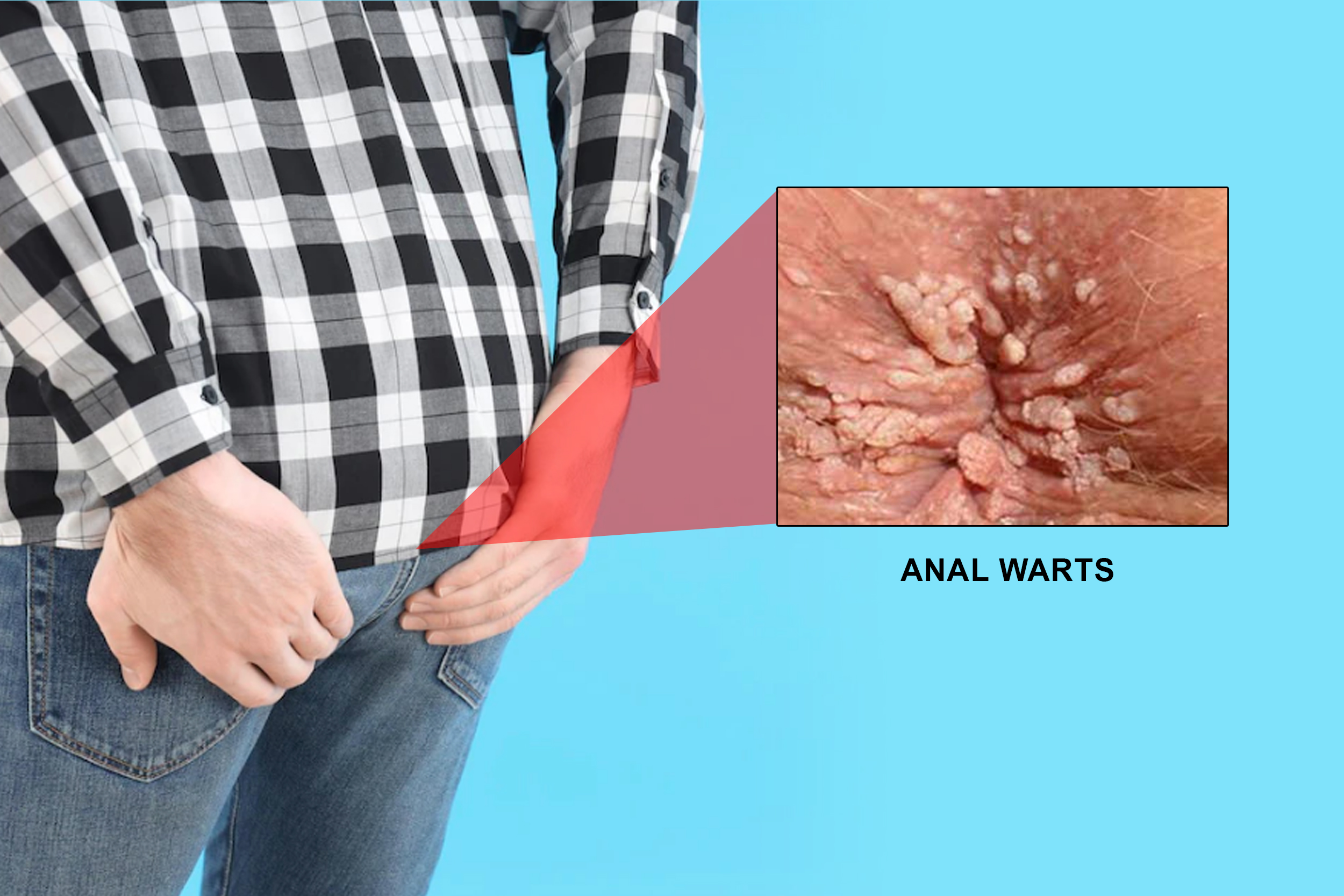Anal Warts
What is anal warts
Ghodke Piles Hospital is a one-stop multispecialty healthcare service provider that follows a patient-centric approach to offering advanced treatment against anal warts. We provide advanced laser surgery for Anal Warts, Minimal Procedural Pain Low Recurrence rates. Get Treated for Anal Warts. Contact us today!
Anal Warts Causes:
Anal warts are caused by the human papillomavirus (HPV), which is a sexually transmitted disease. Typically, they grow in and around the anus or the genitals.
- There are 30 to 40 strains of HPV that specifically affect the genitals, but just a few of these strains cause genital warts.
- The HPV virus is highly transmittable through skin-to-skin contact, which is why it’s considered an STI.
- In fact, HPV is so common that the CDCTrusted Source says most sexually active people get it at some point.
- However, the virus doesn’t always lead to complications such as genital warts. In fact, in most cases, the virus goes away on its own without
causing any health problems. - Genital warts are usually caused by strains of HPV that differ from the strains that cause warts on your hands or other parts of the body.
Anal Warts Symptoms:
In most cases, anal warts are painless, and a person may be unaware that they have them. If symptoms do occur, they may include:
- Bleeding
- Bumps near or inside the anal opening that are usually light brown or skin-coloured
- Growths resembling small cauliflowers around the anus
- Mucus-like discharge from the bumps
- Sores
- The sensation of having a lump or something similar in the anal area
A person with anal warts may also feel like they have a lump in their anal area.
Anal Warts Treatment:
When anal warts don’t cause any symptoms, they still require treatment or removal because some anal warts might increase the risk of anal cancer, so doctors typically recommend removing them, even if they aren’t causing bleeding or other problems.
The most common methods of treatment include:
- Topical medication to freeze or burn warts
- If symptoms such as rectal bleeding or sores are mild or if the warts are relatively small, a doctor may prescribe a topical medication to kill warts.
- Surgery to remove large warts or internal warts
- If anal warts are internal or very large, a doctor may recommend surgery. This takes place under general anesthesia. If removing many warts is necessary, a doctor may recommend more than one surgery to allow for healing time.
- Laser Surgery for Warts
- Warts can also be treated using laser technology where persistent warts can be removed by an intense light ray. First, your doctor will use the laser to cut away the top of the wart. Then they’ll make the light less focused, and it will burn away the rest.
Care at Ghodke Piles Hospital

CALL US ANYTIME
084593-13196
VISIT US
Ghodke Hospital, Behind Shantai Hotel, Jalna Road Beed – 431122
BOOK AN APPOINTMENT
Click here to book an appointment at Medicare.


